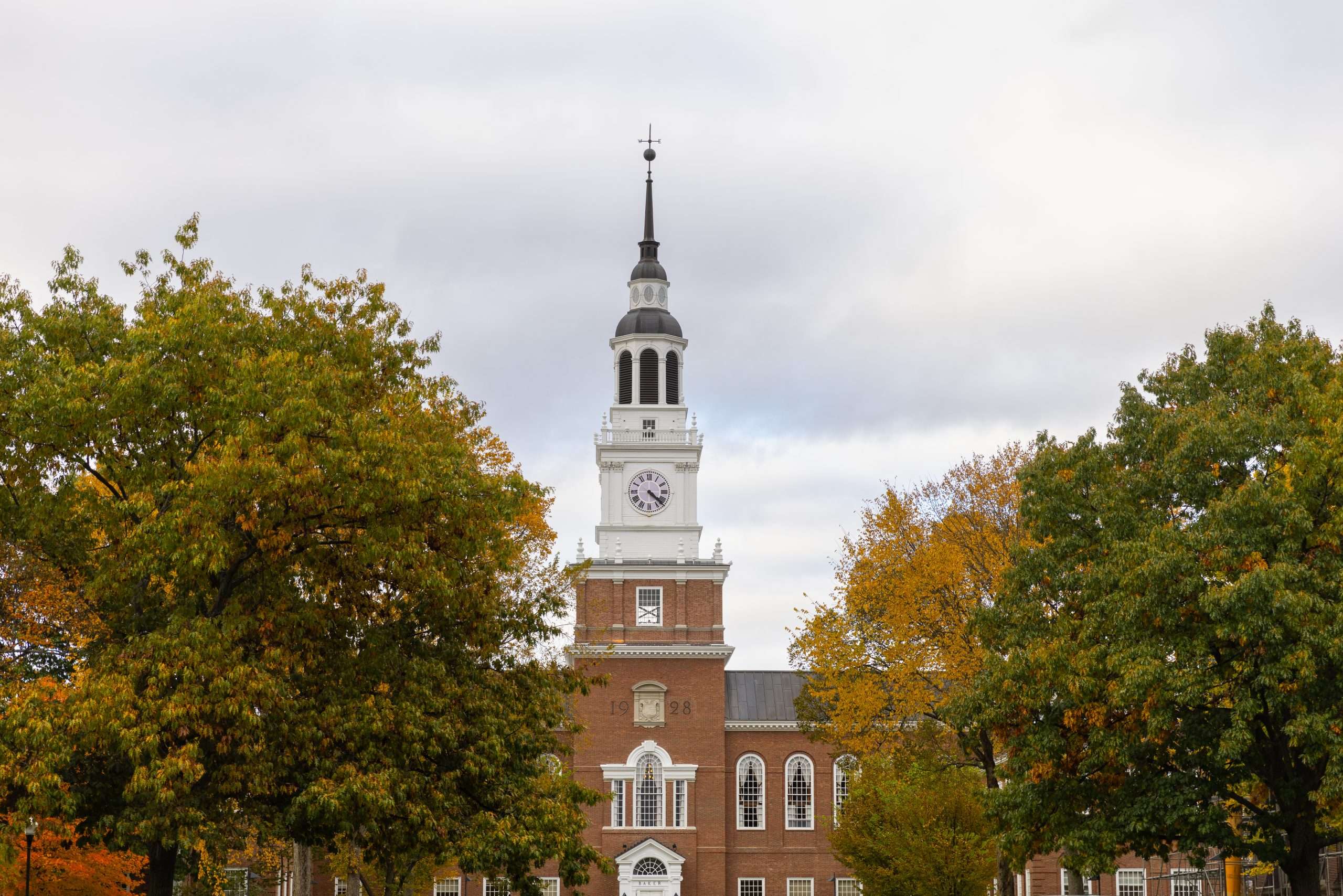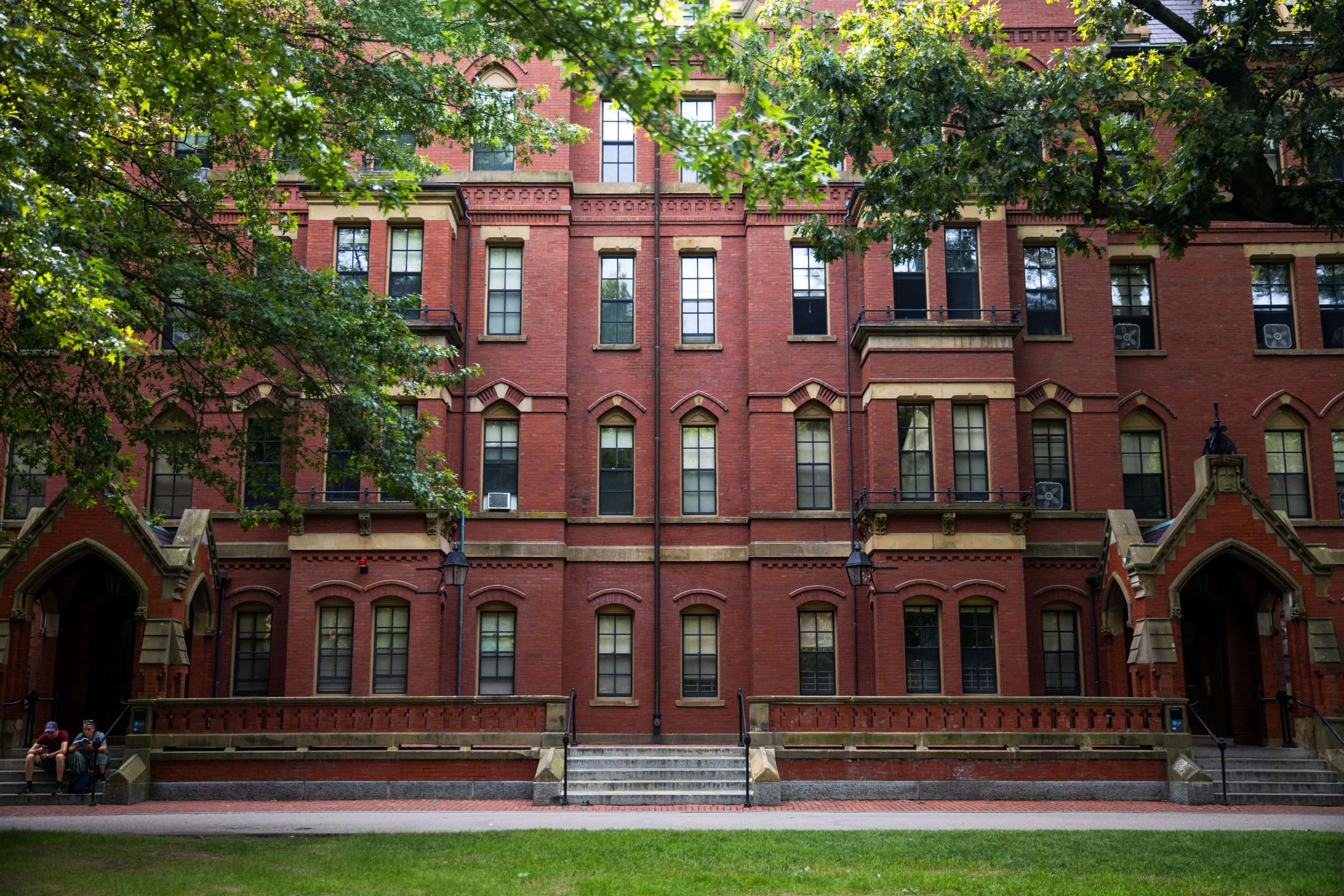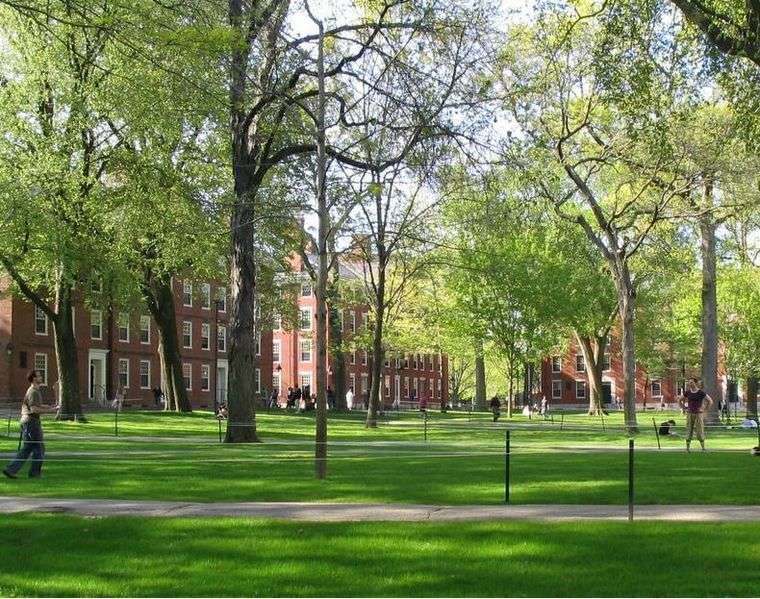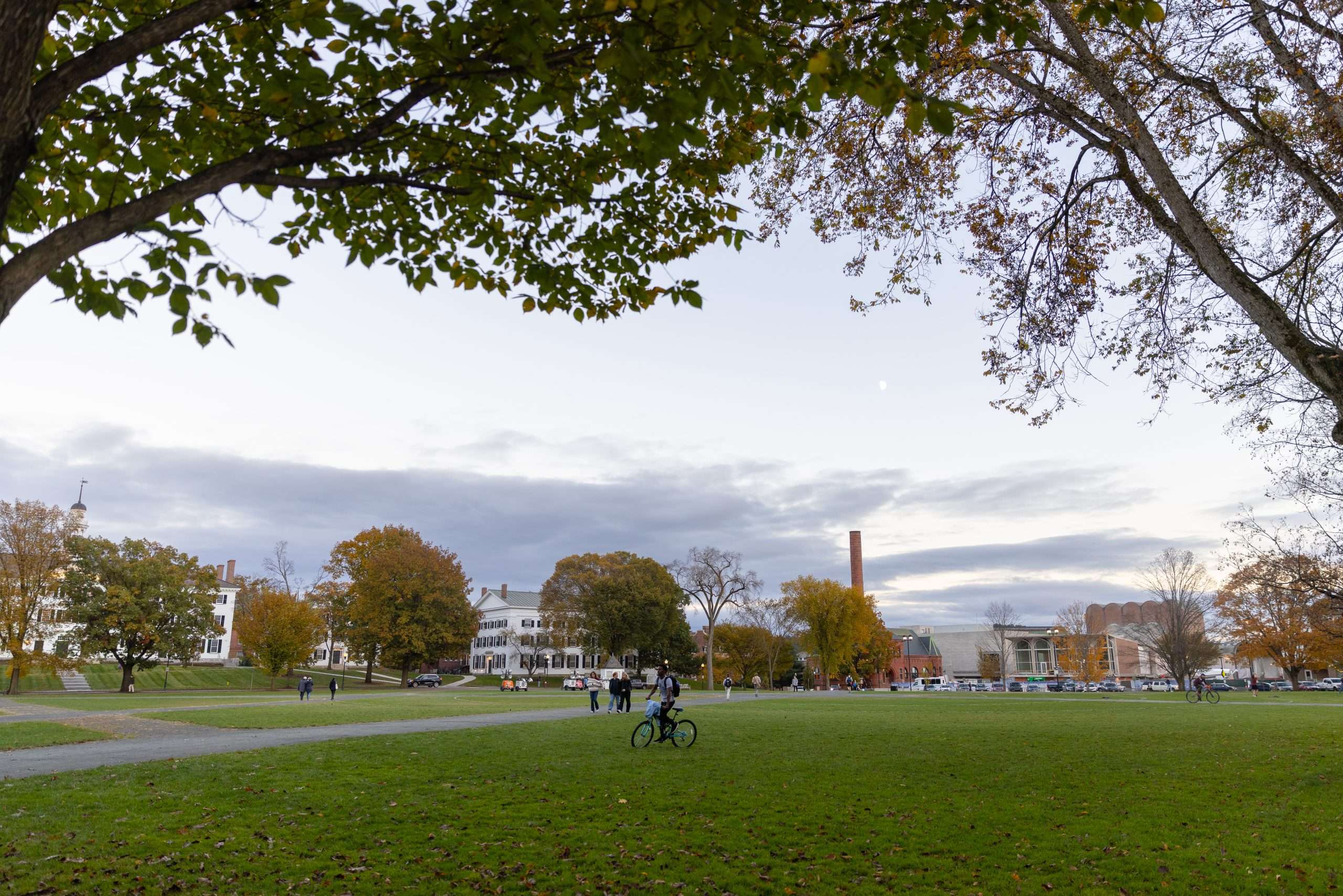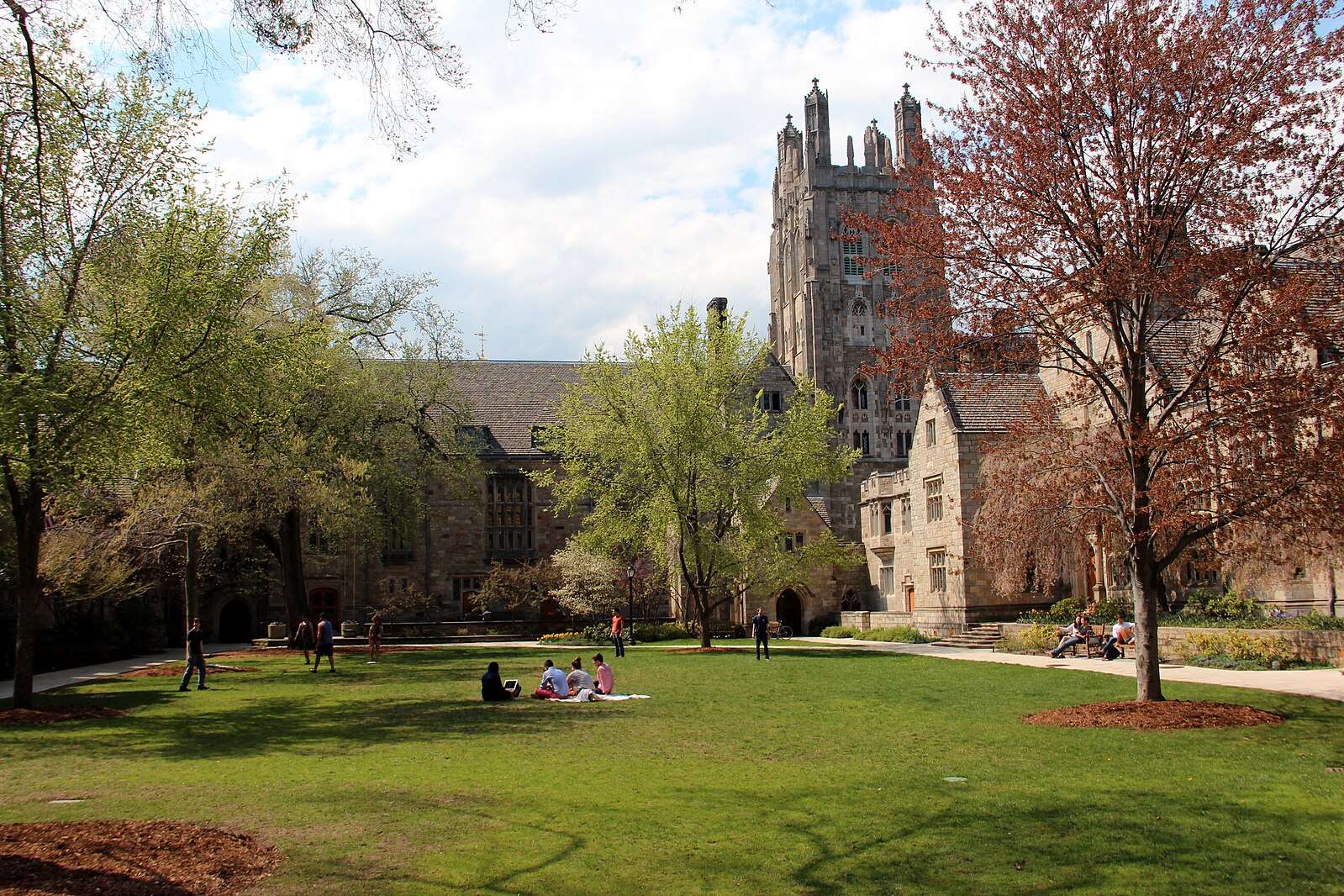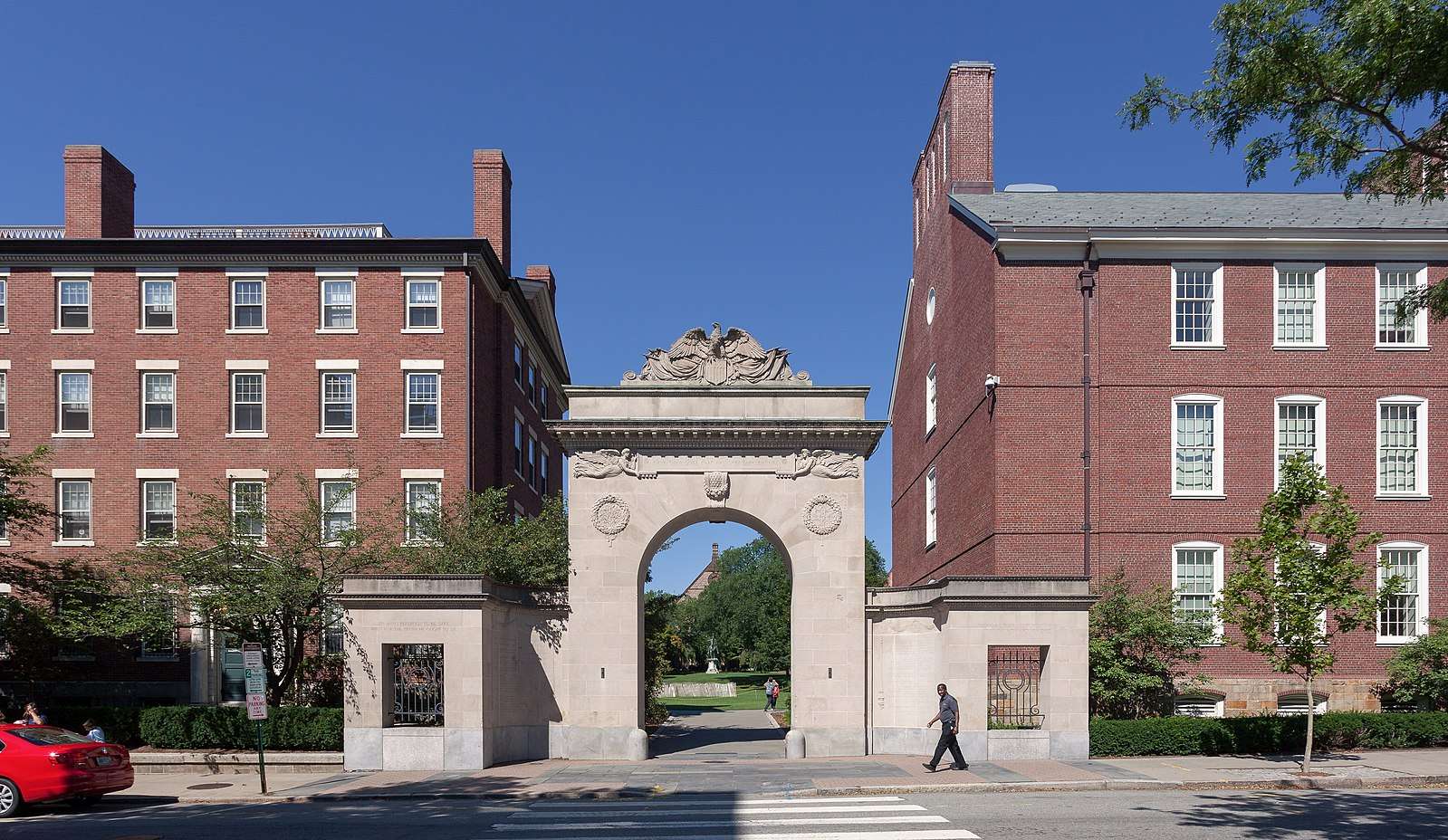The Ivy Coach Daily
Is Attending an Ivy League School Worth It?
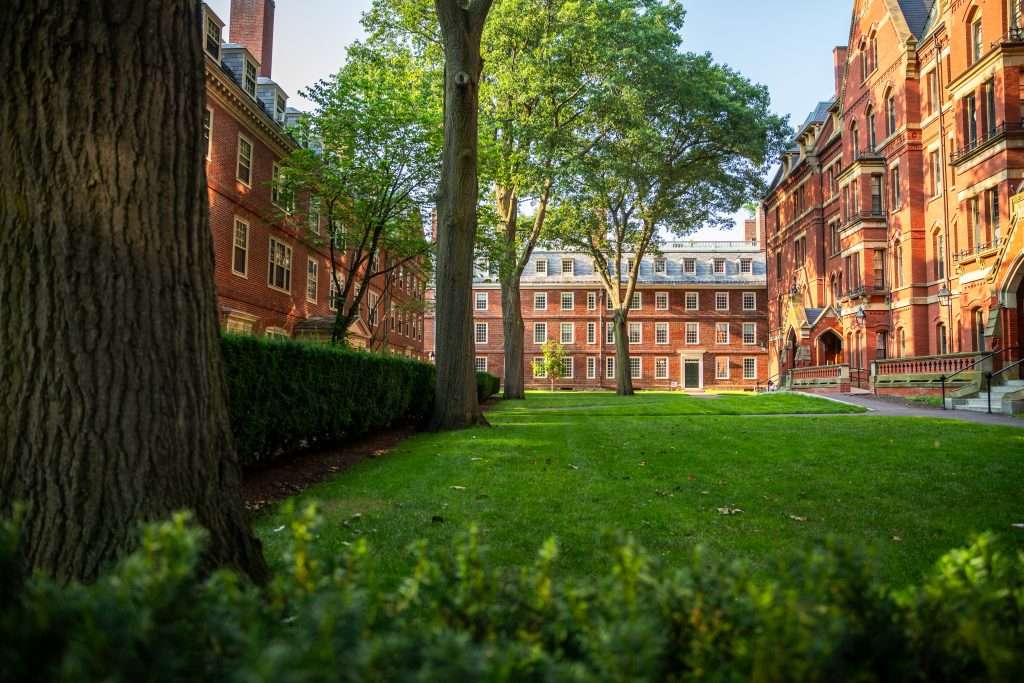
Is attending an Ivy League school worth it? The short answer is an unequivocal yes! An Ivy League degree remains the gold standard of American higher education. But to argue that schools like Harvard and Yale distinguish themselves from other selective schools on the basis of teaching alone would be shortsighted. After all, a Psych 101 class teaches the basics of the discipline whether one is taking it at Michigan or Columbia. Ivy League schools provide students with access to some of the most influential and revolutionary minds in academia alongside a robust array of educational support resources, but these factors serve as just one of many criteria that set these eight legendary schools apart from the rest.
5 Benefits of Attending an Ivy League School
While the benefits of attending one of the eight Ivy League institutions are immeasurable, five key advantages are as follows:
- An Ivy League degree can help land that critical first job. In a sea of resumes without years of experience, it can be a key differentiator..
- Ivy League graduates tend to make more than their non-Ivy League peers at the start and midpoint of their careers.
- Every student’s slot at an Ivy League school is carefully handpicked. They’re all there for a reason — even if may not seem so obvious when one hears a peer make a comment in class that leaves students scratching their heads.
- Ivy League graduates attend school with future captains of industry. There’s a decent chance that, in the years to come, they’ll know members of Congress. They’ll know titans of finance and Hollywood mega-producers.
- Few will ever question if an Ivy League grad is smart. Sure, there are some not-so-bright Ivy League graduates, but graduates of the Ivy League so often get the benefit of the doubt — whether they realize it or not.
An Ivy League Degree Is Worth The Cost: Don’t Take Our Word for It, Trust the Data.
Department of Education data has long indicated that Ivy League graduates out-earn their high-achieving counterparts at non-Ivy League universities both at the start of their careers, and even more so by mid-career (by tens of thousands of dollars in annual salary). A survey of the corporate leaders of any given industry will lend anecdotal evidence to this case. Whether one sneaks a look at an editorial meeting for a glossy magazine, at the trading floors of a Wall Street skyscraper, or at the credits of a major motion picture, one will notice names culled from the Ivy League docket. These eight schools represent a mere fraction of those in the U.S. with highly selective admissions and stellar reputations, but nonetheless account for a disproportionate number of Fortune 500 CEOs and members of Congress.
What Makes an Ivy League Degree Different? Social Capital.
Ivy League schools have been around for a long time (with the exception of Cornell, all were founded prior to the founding of the United States itself!). The centuries that have passed since their inception have not been spent idly. While building its academic reputation, the Ivy League simultaneously created vast alumni networks, insider access to pre-professional opportunities, and cozy relationships with major companies, all forged by a shared sense of prestige, mutual trust, and camaraderie. Goldman Sachs and McKinsey & Company could, in theory, focus their recruitment efforts on elite public institutions and create corporate classes nearly as impressive as they would find at Princeton or Dartmouth. But the Ivy League serves as a recruitment stomping ground for such companies because generations of precedent have demonstrated over and over that Ivy Leaguers are reliable, innovative, and hardworking.
In other words, the Ivy League has masterfully crafted a self-fulfilling prophecy: “Hire our alumni because they are the best and the brightest! Why? Because they’re our alumni!” It may not be democratic, or the most efficient use of human capital, but this system sure does pay off for those chosen few who benefit from it. Like a recession-proof stock option, any Ivy League degree, especially an undergraduate one, is the greatest investment an ambitious student can make to ensure a successful future.
It’s Not Smoke and Mirrors. Ivy League Students are Worth the Hype.
Each year, Ivy League schools receive thousands upon thousands of undergraduate applications, and if recent admissions cycle trends are any indication, applicant pools will only keep increasing. Acceptance rates, in turn, have dwindled to all-time lows. When twenty (or more) students are denied entry for every one who gets in, those who beat the odds had better be spectacular. Ivy League institutions hire teams of highly-trained admissions officers tasked with ensuring that those who make it past the ivied gates are future captains of industry, political leaders, visionary artists, and influential intellectuals. But distinguished admissions only serve to demonstrate the potential for greatness. There is yet another piece to this storied puzzle.
So What’s the Secret Ingredient in the Ivy Sauce?
Perhaps the most influential component in the creation of the Ivy mystique is also the most difficult to quantify: the impact that gifted students have on each other. Every single student at Brown or Penn is there for a reason. This simply is not the case for a school with a 50% acceptance rate and an undergraduate student body in the tens of thousands. It takes admirable fearlessness to throw caution to the wind and apply to an Ivy League school against such daunting odds. Ivy Leaguers bring this fearlessness to everything they do, and it rubs off on their peers, reinforcing a shared ethic of ambition and resilience.
At Harvard, for example, nearly all extracurricular organizations require prospective members to “comp,” or demonstrate their competency through a series of evaluations prior to joining. Are these processes often challenging, time-consuming, and cutthroat? Absolutely. But do they ensure that new members are passionate, committed, and assets to the club’s mission? Absolutely. “Comping” at Harvard is just one of countless ways that Ivy League schools weave tenacity into the fabric of campus culture. Regardless of who they are when they enter college, Ivy Leaguers will leave their respective schools with unparalleled knowledge of themselves and their passions, accompanied by a drive towards their goals that couldn’t have come from anywhere else.
So, is attending an Ivy League school worth it? We will let you be the judge!
You are permitted to use www.ivycoach.com (including the content of the Blog) for your personal, non-commercial use only. You must not copy, download, print, or otherwise distribute the content on our site without the prior written consent of Ivy Coach, Inc.
TOWARD THE CONQUEST OF ADMISSION
If you’re interested in Ivy Coach’s college counseling, fill out our complimentary consultation form and we’ll be in touch.
Get Started